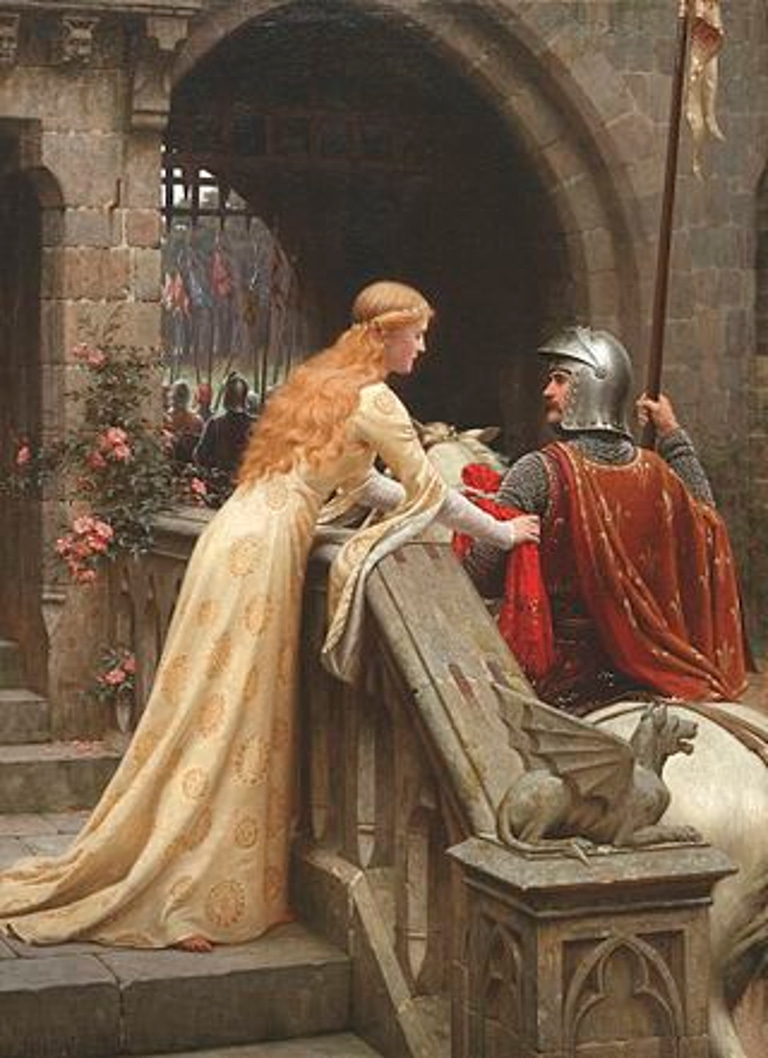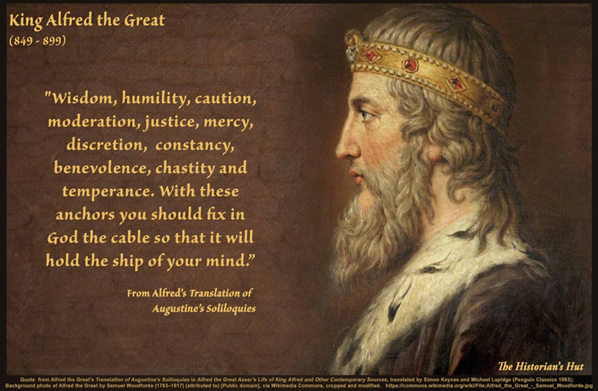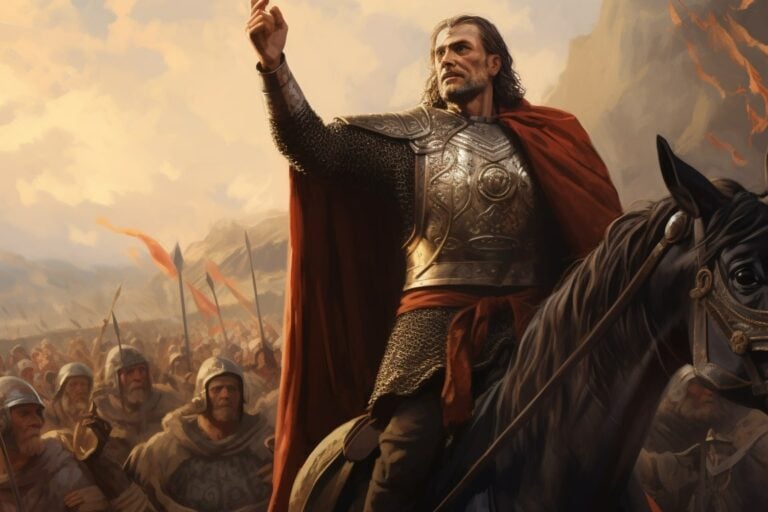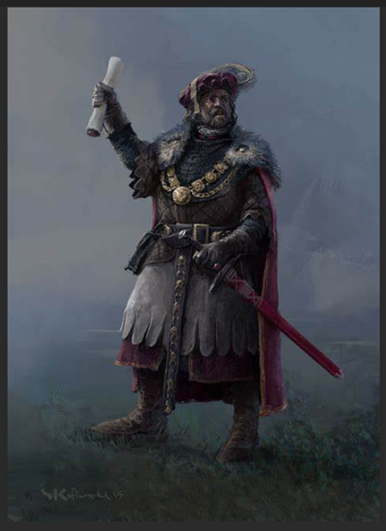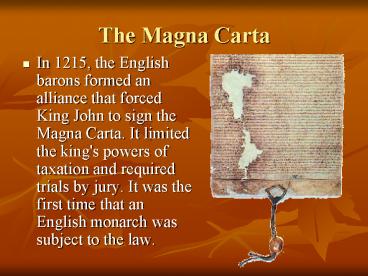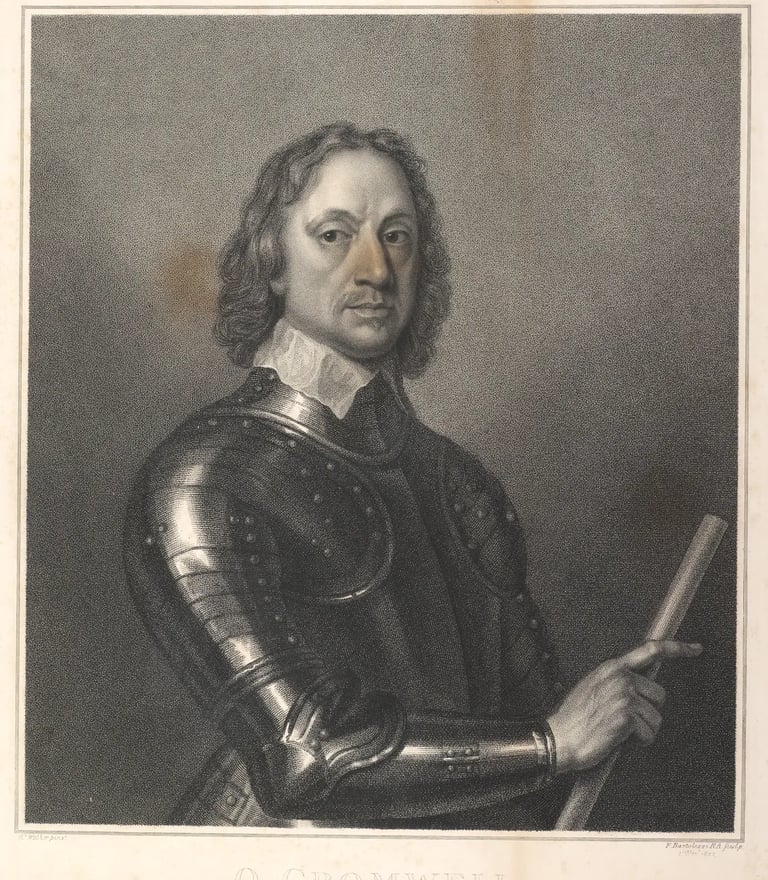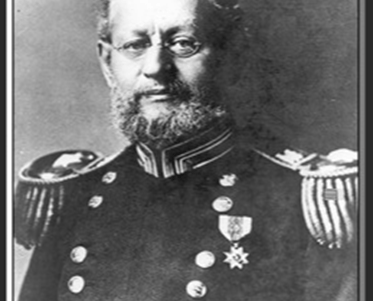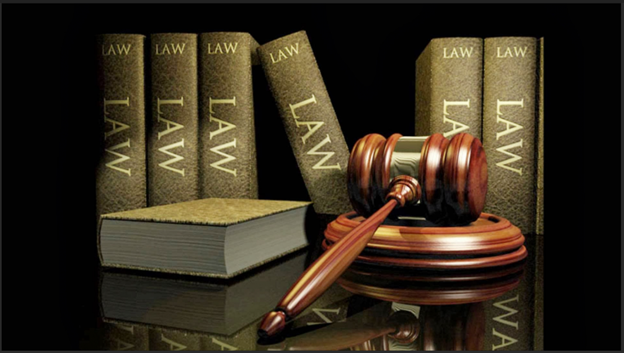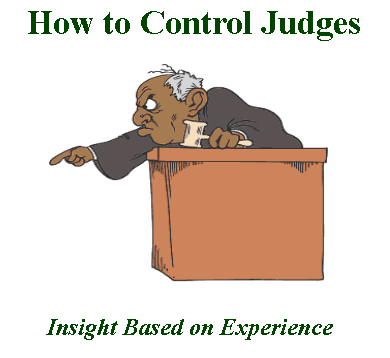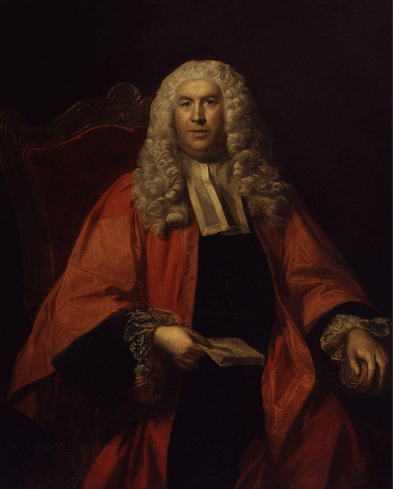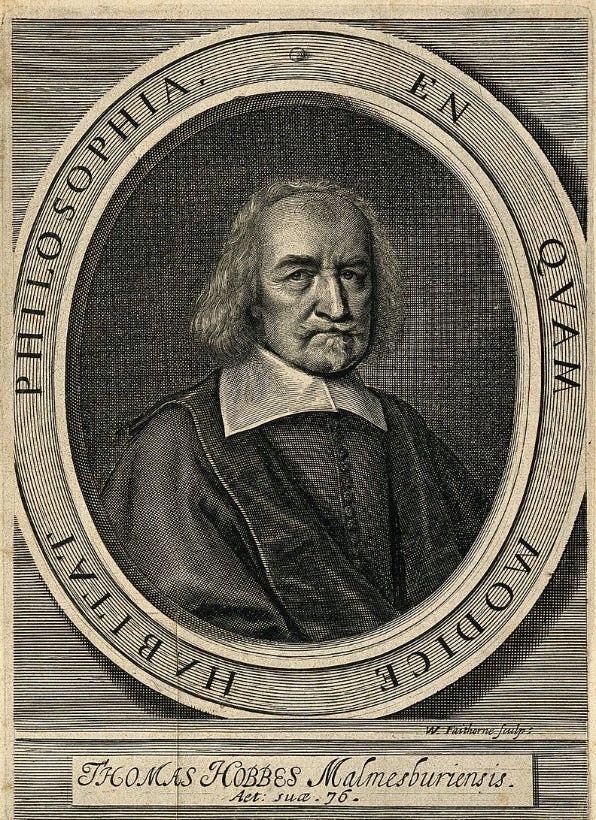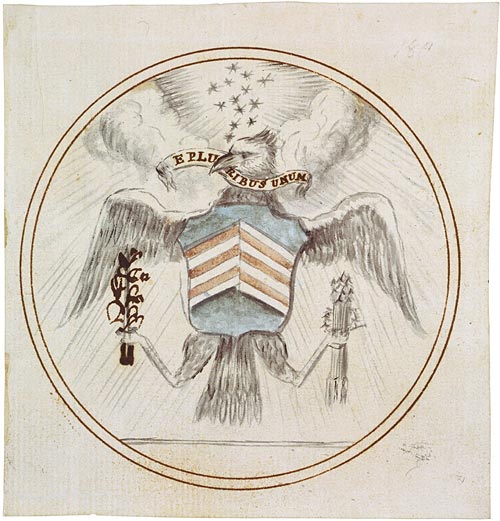Thomas Hobbes - Philosophy
Thomas Hobbes (April 1588 – December 1679) was an English philosopher. Hobbes is best known for his 1651 book Leviathan, in which he expounds an influential formulation of social contract theory.
Where there is no common power, there is no law, where no law, no injustice.
Force, and fraud, are at war with the two cardinal virtues of prudence and justice.
The laws are of no power to protect them, without a sword in the hands of a man, or men, to cause those laws to be put in execution.
And law was brought into the world for nothing else but to limit the natural liberty of particular men in such manner as they might not hurt, but assist one another, and join together against a common enemy.
Philosophy is a broad field that encompasses the study of knowledge, existence, values, reason, mind, and language.
Philosophy of law is a subfield of philosophy that investigates the nature of law and legal systems, especially in relation to human values, attitudes, practices, and political communities.
Philosophers debate the extent to which jurisprudence can or should proceed without appeal to moral or other values. They disagree about which participant perspective is primary and about what taking up the participant perspective commits the theorist to.

